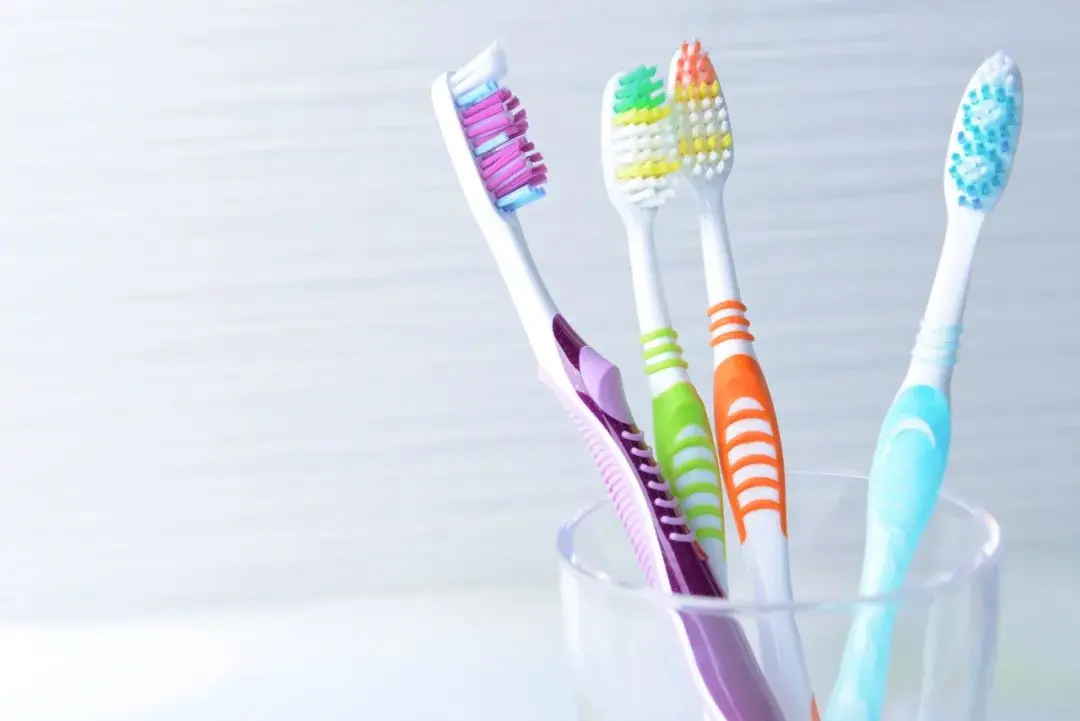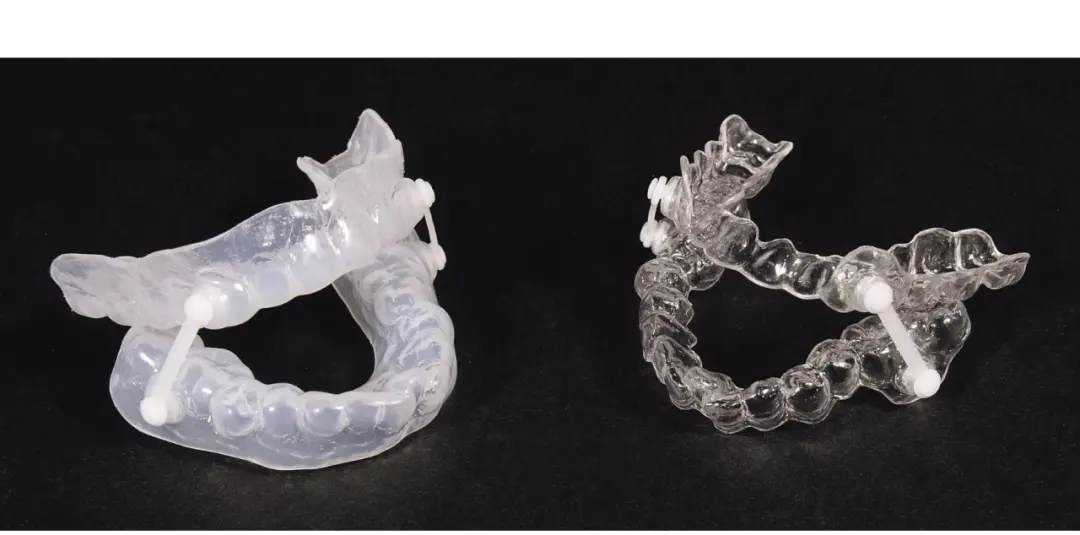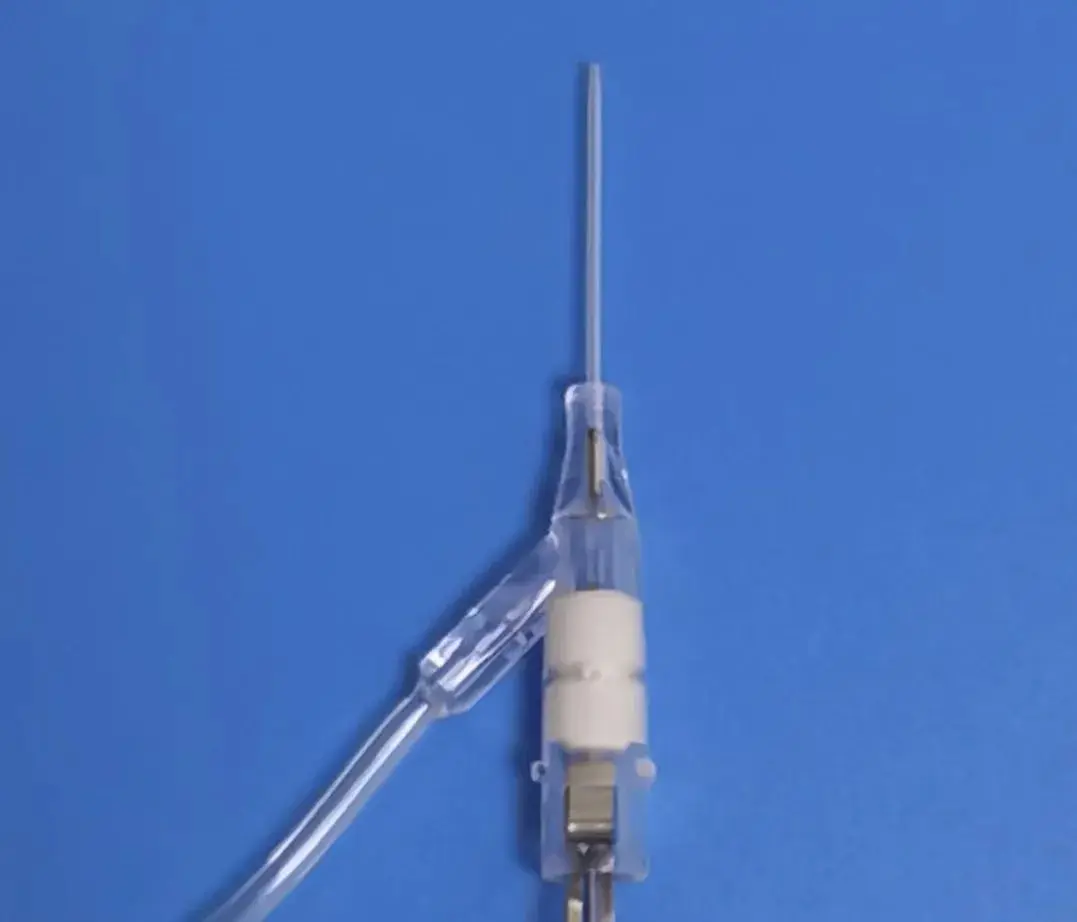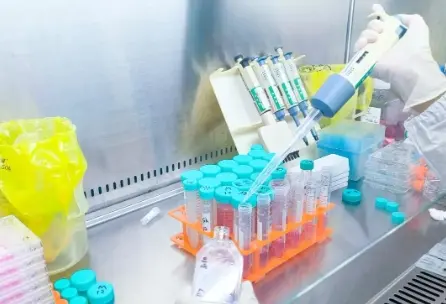
Compliance Testing and Certification for Pet Products
In recent years, the global pet products market has been expanding annually. Particularly in developed countries and regions like Europe, the US, and Japan, the pet economy has become a new consumer focus. More families are treating pets as members, willing to provide better living conditions for them, thereby driving rapid growth in the pet products market.
Overseas consumers demand high quality for pet products, focusing on quality, safety, and environmental performance, while also seeking personalized designs. As younger generations increasingly adopt pets and consumer attitudes evolve, fashion, innovation, and smart technology have become new trends in the pet products market, creating vast opportunities for businesses.
In overseas markets, smart technology is driving the transformation of the pet products industry. Smart pet products such as automatic feeders, smart collars, and intelligent litter boxes are gaining popularity. These products integrate advanced technologies, enabling intelligent pet feeding and health management, significantly improving convenience and efficiency for users.
Additionally, the rise of cross-border e-commerce platforms strongly supports pet product businesses entering international markets. China's JJR Laboratory serves as a compliance service provider for major e-commerce platforms, helping businesses achieve one-stop services for product specification certifications, thereby reducing market expansion costs and enhancing international brand influence.
Different countries and regions require various certifications for exporting pet products. Below are some common certifications and testing standards:
United States Market
- FDA Registration and ComplianCE certification: Pet food must be registered with the FDA and comply with US safety and quality standards.
- CPC Certification (Children's Product Certificate): Although mainly for children's products, some pet products that may interact with children (e.g., toys) require this certification, demonstrating compliance with relevant safety rules and testing by a CPSC-recognized third-party laboratory.
- ASTM Standards: Evaluate the safety of pet toys and products to ensure no harm during use.
- EPA Registration: Products containing chemicals (e.g., pet insecticides or flea collars) must register with the EPA, meeting environmental and safety standards.
European Market
- CE Certification: Indicates compliance with EU safety directives, especially crucial for pet products involving mechanical, electrical, or chemical properties.
- REACH Certification: Ensures the product does not contain harmful chemicals listed under EU REACH regulations.
- EN Standards: Covers safety standards for toys (e.g., EN 71) and electronic products (e.g., EN 60335), relevant to specific pet products.
- Animal Health Certificate: Products involving animal ingredients require an EU-recognized health certificate.
Canadian Market
- CFIA Licensing and Compliance Certification: Pet food must undergo CFIA approval and comply with Canadian safety and quality standards.
- CCPSA (Canada Consumer Product Safety Act) Requirements: Ensures pet products meet Canadian safety regulations in materials and design.
- SFCR (Safe Food for Canadians Regulations): Pet food exporters must obtain SFCR licensing to ensure food safety standards.
Australian and New Zealand Markets
- AQIS Regulations: Pet food and specific products must comply with AQIS requirements for local hygiene and safety standards.
- MPI Regulations: Pet food exporters must adhere to New Zealand's safety and hygiene requirements, including providing health certificates.
- AS/NZS Standards: Tests the safety and durability of pet products such as beds and toys.
Other Countries/Regions
- China: Exports of pet products must comply with the "Import and Export Commodity Inspection Law" and relevant mandatory product certifications (e.g., CCC certification).
- Japan: Pet food must meet the "Feed Safety Act" requirements and pass audits by the Ministry of Agriculture, Forestry, and Fisheries (MAFF). Products with chemicals must comply with the "Chemical Substances Control Law" (CSCL).
- South Korea: Pet food must be approved by the Ministry of Agriculture, Food, and Rural Affairs (MAFRA), and other products must meet product safety laws.
- Middle East (e.g., UAE): Pet food and products require inspection by customs and health authorities. Some countries may require Halal Certification.
- Latin America (e.g., Brazil): Pet food must obtain Ministry of Agriculture (MAPA) certification, and other products must pass ANVISA testing.
Understanding and complying with these certification requirements is critical for successfully exporting pet products. Businesses should conduct market research in advance to ensure their products meet the regulations and standards of the target market, facilitating smooth entry into international markets.
Email:hello@jjrlab.com
Write your message here and send it to us
 Toothbrush FDA Certification Testing
Toothbrush FDA Certification Testing
 Snoring Device FDA 510k Standard Testing
Snoring Device FDA 510k Standard Testing
 Single Use Intravenous Catheter Certification Test
Single Use Intravenous Catheter Certification Test
 Silicone Material Product Compliance Certification
Silicone Material Product Compliance Certification
 What to Do If Cytotoxicity Test Results Are Positi
What to Do If Cytotoxicity Test Results Are Positi
 ISO 10993:5 Cytotoxicity Testing Methods
ISO 10993:5 Cytotoxicity Testing Methods
 FDA ISO 10993-1 Biocompatibility Evaluation Guidel
FDA ISO 10993-1 Biocompatibility Evaluation Guidel
 In Vitro Cytotoxicity Testing for Medical Devices
In Vitro Cytotoxicity Testing for Medical Devices
Leave us a message
24-hour online customer service at any time to respond, so that you worry!




